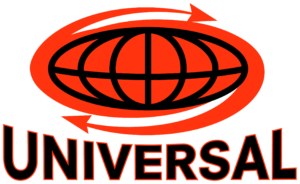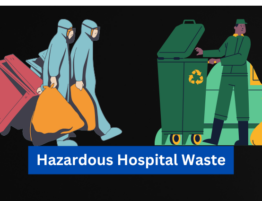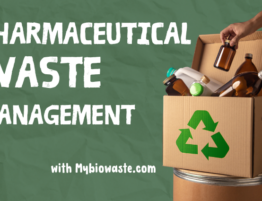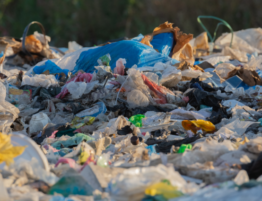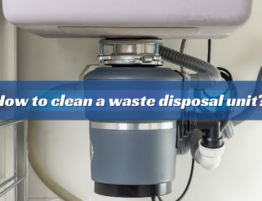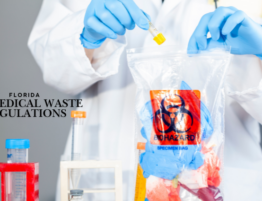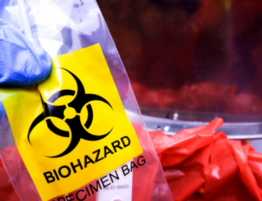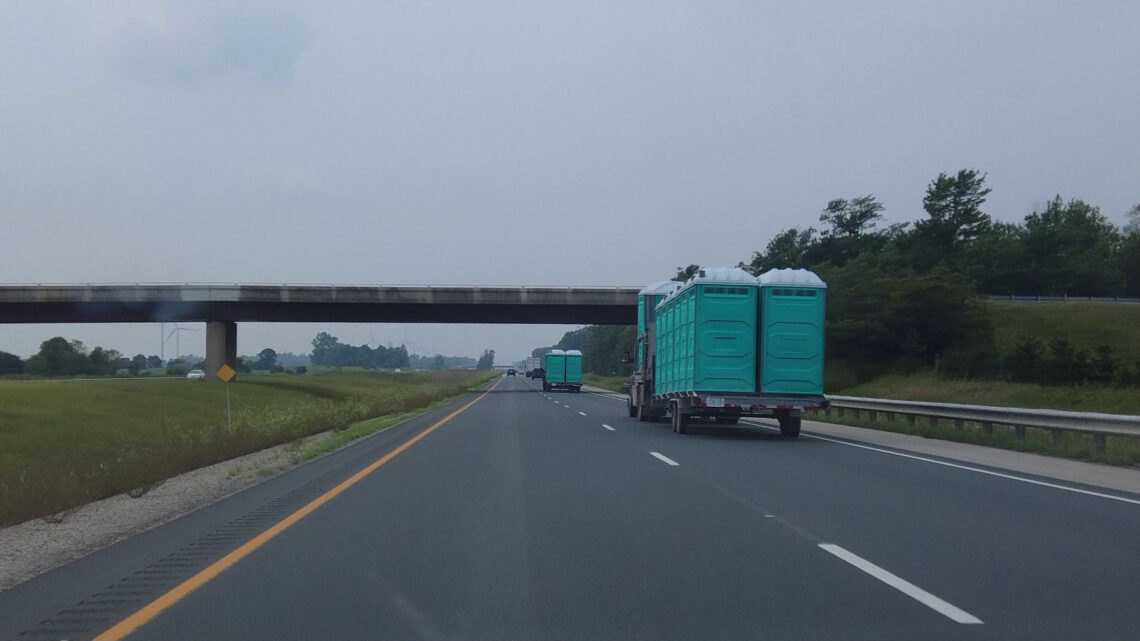
Where Does Medical Waste Go?
Medical waste plays a pivotal role in public health and environmental safety. However, many people remain unaware of its disposal process. This article explores the journey of medical waste, highlights common disposal methods, and offers tips for responsible handling. Understanding where medical waste goes can help mitigate health risks and promote environmental sustainability.
What Is Medical Waste?
Medical waste refers to any waste material generated during the diagnosis, treatment, or immunization of humans and animals. This type of waste can range from non-hazardous to highly infectious, requiring careful management to avoid harm. Examples of medical waste include:
- Used needles and syringes
- Blood-soaked bandages
- Laboratory specimens
- Discarded surgical instruments
- Expired pharmaceuticals
Improper disposal of these materials can have severe consequences, such as environmental contamination and the spread of infectious diseases. Effective medical waste management is critical for public safety.
Where Does Medical Waste Go?
The journey of medical waste involves multiple stages to ensure safe and compliant disposal. Here’s a breakdown of the process:
1. Collection and Segregation
At healthcare facilities, waste is carefully sorted into categories such as infectious waste, sharps, pathological waste, and non-hazardous waste. Color-coded bins are commonly used to simplify segregation and reduce contamination risks.
2. Transportation
Once segregated, medical waste is transported to treatment facilities using specialized vehicles and containers designed to prevent leaks and exposure. In the United States, transportation complies with strict federal and state regulations to safeguard public health and worker safety.
3. Treatment Methods
Before final disposal, medical waste undergoes treatment to neutralize harmful components. Common treatment methods include:
- Autoclaving
Autoclaving uses high-pressure steam to sterilize infectious waste, making it safe for disposal. This method is effective for items like microbiological waste and sharps. - Incineration
Incineration involves burning waste at high temperatures to destroy pathogens and reduce volume. It is widely used for biohazard medical waste, pharmaceuticals, and anatomical waste. - Chemical Disinfection
Chemical disinfectants are used to neutralize waste, making it suitable for disposal in landfills. - Microwave Treatment
This innovative method uses microwaves to decontaminate waste, offering an eco-friendly alternative to incineration.
4. Final Disposal
After treatment, the remaining material is sent to landfills or recycling facilities. Non-hazardous treated waste is handled as regular municipal waste, while residues from biohazardous waste are securely buried in specialized landfills.
Where Does Medical Waste Go in the United States?
In the U.S., medical waste disposal is regulated by agencies like the Environmental Protection Agency (EPA) and state health departments. Here’s an overview of the process:
- Licensed Collection Services
Waste from hospitals, labs, and clinics is collected by certified waste management companies. - Treatment and Energy Recovery
Treated waste may be sent to waste-to-energy facilities, where it is used to generate electricity. - Secure Disposal
Residual materials are disposed of in specialized landfills to prevent environmental contamination.
By adhering to these practices, the U.S. ensures medical waste is managed safely and sustainably.
Why Is Proper Medical Waste Disposal Important?
Improper disposal of medical waste poses significant risks, including:
- Health Hazards: Exposure to untreated waste can spread infections like HIV and hepatitis.
- Environmental Damage: Inadequate disposal methods can contaminate soil and water.
- Legal Consequences: Non-compliance with regulations can result in hefty fines for healthcare providers.
Adopting proper hospital waste disposal methods ensures the safety of communities and the environment.
How to Dispose of Medical Waste at Home
Managing medical waste at home such as diabetic needles or used bandages requires extra care. Here are some tips:
- Use a Sharps Container
Store needles and syringes in a puncture-resistant container to prevent injuries. - Follow Local Guidelines
Many municipalities provide drop-off locations or mail-back programs for household medical waste. - Avoid Flushing or Dumping
Never flush medications or medical waste down the drain, as this can harm the environment.
Searching for medical waste disposal near me can help you find local resources for safe handling.
Best Practices for Medical Waste Management
Implementing effective waste management strategies is crucial for healthcare facilities and individuals alike. Here are some best practices:
- Staff Training: Educate healthcare workers on proper segregation and disposal protocols.
- Advanced Technology: Use tools like RFID tracking to monitor waste from collection to disposal.
- Certified Partnerships: Collaborate with licensed waste disposal providers to ensure compliance.
Medical Waste Management Trends and Innovations
The field of biomedical waste management continues to evolve, introducing more sustainable and efficient practices:
- Recycling Programs
Some facilities recycle plastics from medical equipment to minimize waste. - Waste-to-Energy Conversion
Treated waste is converted into energy, reducing reliance on landfills. - Biodegradable Medical Supplies
The development of eco-friendly materials can significantly lower the environmental impact of medical waste.
FAQs About Medical Waste
- Where does biohazard medical waste go?
Biohazard medical waste is treated through methods like incineration or autoclaving before being disposed of in secure landfills. - What are common hospital waste disposal methods?
These include autoclaving, incineration, chemical disinfection, and microwave treatment. - How can I safely dispose of needles at home?
Store needles in a sharps container and use local drop-off programs or mail-back services for disposal.
Final Thoughts
Proper medical waste management is essential for protecting public health and preserving the environment. By understanding where medical waste goes and adopting best practices, healthcare providers and individuals can contribute to a safer, cleaner world.
Are You Searching for Reliable Medical Waste Disposal Solutions?
Partner with My Bio Waste, your certified waste management experts, to ensure the safe and compliant handling of medical waste. Together, we can protect our communities and preserve the environment.
📞 Phone: 855-276-9246
📧 Email: info@mybiowaste.com
📍 Address: 4459 Industrial Park Rd., Green Cove Springs, FL 32043
Act now let’s create a cleaner, safer future!
